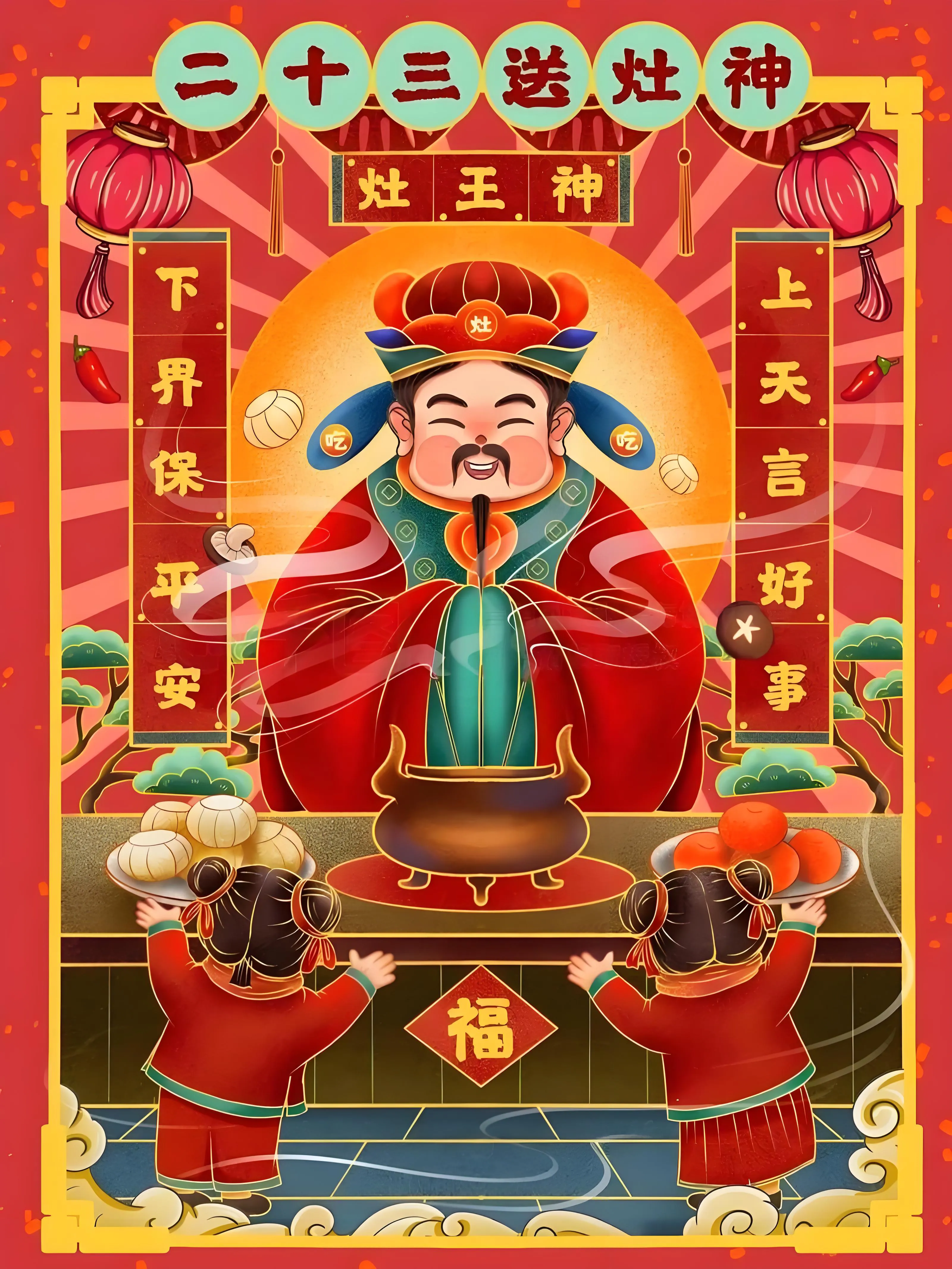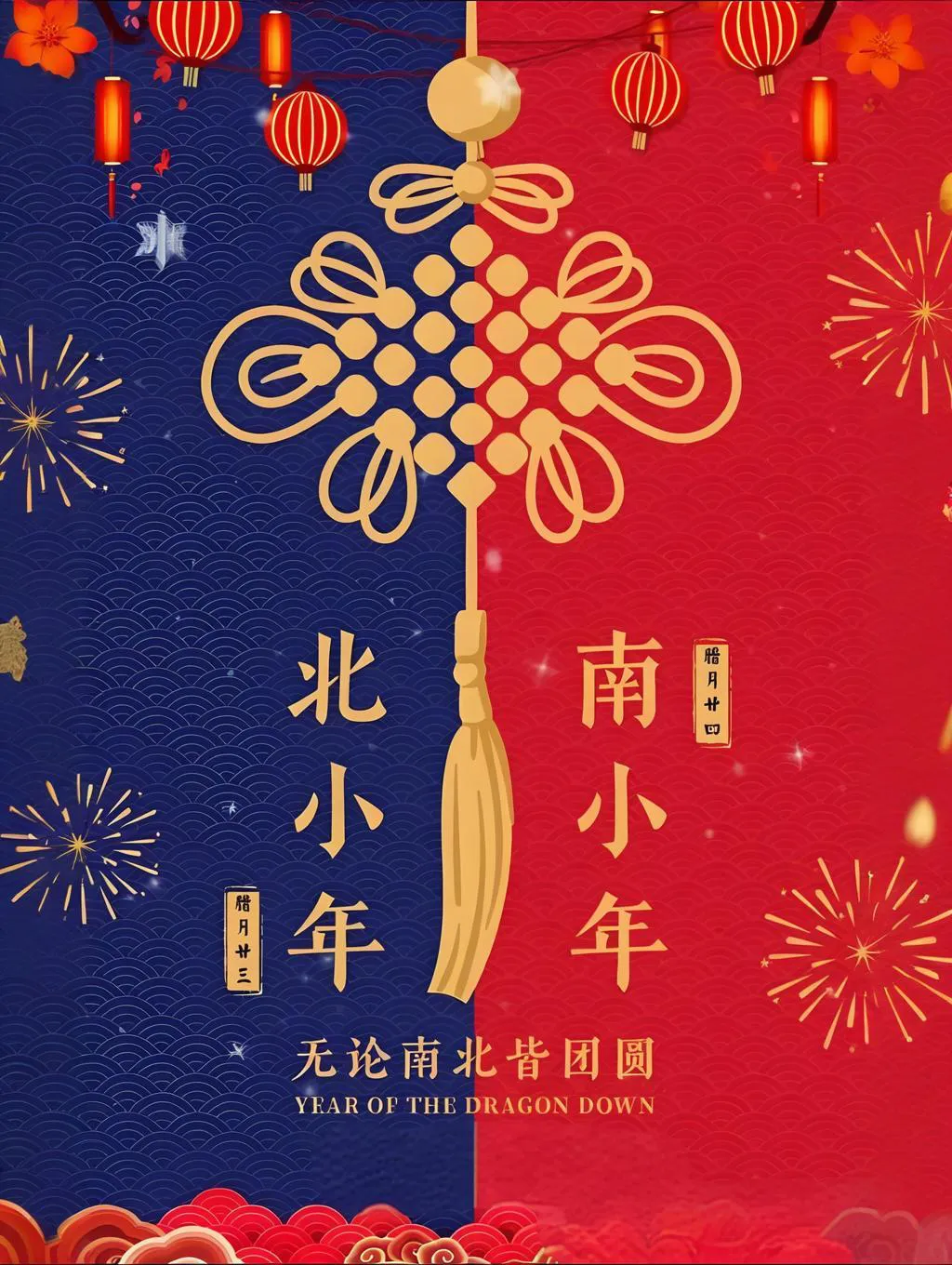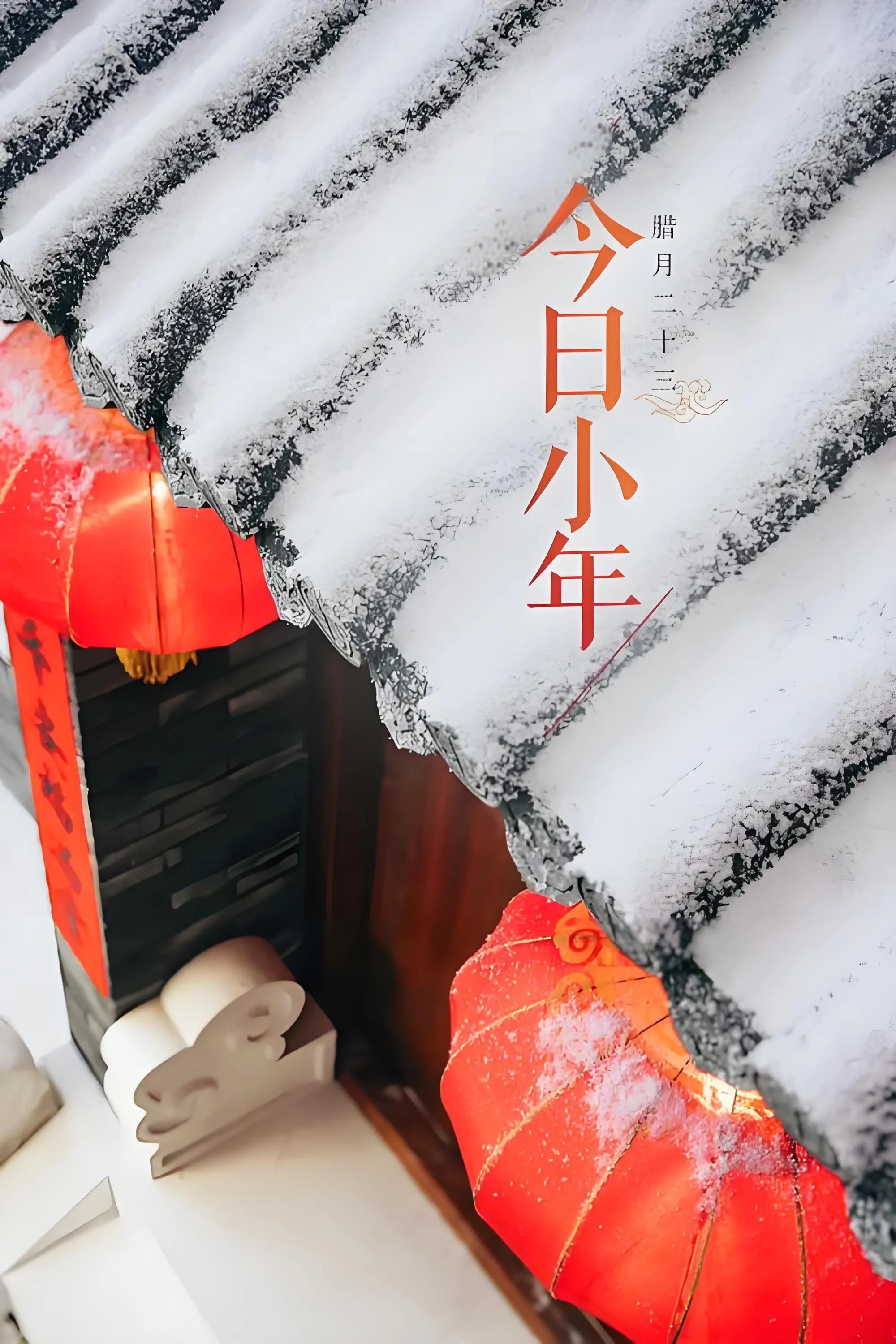Chinese Little Year: The beauty and significance of traditional festivals
Time:2025-01-23 01:09:00
Source:Luoyang Laike Shangyang Import And Export Trading Co.
Chinese Little New Year, also known as "Kitchen God Festival" or "Kitchen God Thanksgiving Festival", is one of the important festivals before the arrival of the traditional Chinese Lunar New Year. Although the date varies from place to place, it is usually on the 23rd day of the twelfth lunar month in the north, while it is mostly on the 24th day of the twelfth lunar month in the south. Little New Year is not only the beginning of bidding farewell to the old and welcoming the new, but also carries rich traditional culture and deep emotional significance.

The origin of Xiaonian
The origin of Xiaonian can be traced back to the culture of worshiping the Kitchen God. In ancient times, people believed that the Kitchen God was the god in charge of the family's food and stove fire. He would report the good and evil deeds of the world to the Jade Emperor in heaven, so Xiaonian was regarded as the "sending off the Kitchen God". On this day, people worshipped the Kitchen God and prayed for good weather and family harmony in the new year.

Customs of Xiaonian
1. Worshiping the Kitchen God
Worshiping the Kitchen God is the core activity of Xiaonian. People will prepare candies, rice wine and other offerings to worship the Kitchen God, and stick the Kitchen God's mouth with sugar, which means "say good things to the heavens and keep peace in the world below".
2. Cleaning the dust and getting rid of the old
Xiaonian is also "sweeping the dust day". According to tradition, every household will do a thorough cleaning, which means getting rid of the bad luck of the past year and ushering in good luck for the new year.
3. Eating special food
The food of Xiaonian varies from place to place. In the north, people eat more dumplings, while in the south, people eat rice cakes or glutinous rice balls. Food not only satisfies the taste buds, but also expresses the expectation of reunion and a happy life.
4. Buying New Year's goods
After Xiaonian, people begin to prepare the New Year's goods needed for the Spring Festival, including food, gifts, new clothes, etc., which marks the official beginning of the New Year's atmosphere.

Regional differences in Xiaonian
The definition and customs of Xiaonian vary slightly across China:
-
Northern region: Xiaonian is celebrated on the 23rd day of the twelfth lunar month, with emphasis on worshiping the kitchen god and eating dumplings.
-
Southern region: Xiaonian is celebrated on the 24th day of the twelfth lunar month, with rice cakes and glutinous rice balls as indispensable delicacies.
-
Some ethnic minorities: On specific days before the Spring Festival, there will also be festival activities similar to Xiaonian, reflecting the diversity of ethnic cultures.

The modern significance of Xiaonian
In modern society, Xiaonian is not only a traditional festival, but also an important moment for family members to reunite and express affection. People who work or study away from home often choose to go home on this day to clean the house and prepare New Year's goods with their families to enhance emotional exchanges.
Xiaonian is the prelude to the Spring Festival and an important part of the cultural heritage of the Chinese nation. No matter how the times change, this festival always connects people's beautiful yearning for reunion, peace and happiness.



